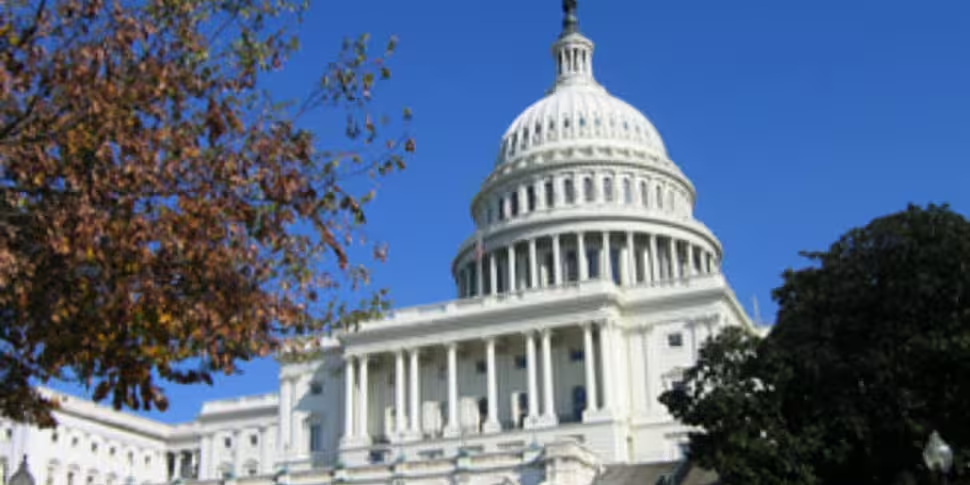Democratic Senator Wendy Davis yesterday staged a high-profile protest against a proposed Texan Senate Bill that would introduce strict regulation for abortion clinics in the state. Starting her speech at 11:18 AM, Senator Davis stood and spoke for almost eleven hours straight in an effort to delay a vote on the legislation.
Davis’ so-called 'filibuster' was brought to a close after three sustained ‘violations’ of house rules (the speaker cannot sit down, receive support from others, stray off-topic or even eat in order to hold the floor). However, her actions and the vocal support of her fellow Democratics and gathered onlookers ensured the Bill was successfully delayed and the eventual post-midnight vote rendered moot.
Davis’ filibuster was widely discussed on social media, with even Barack Obama’s office expressing support:
Something special is happening in Austin tonight: http://t.co/RpbnCbO6zw #StandWithWendy
— Barack Obama (@BarackObama) June 26, 2013
Others expressed their objections to the tactics employed by Davis and the supportive crowd in attendance. Presiding officer of the Texas Senate (and bill supporter) David Dewhurst criticised “an unruly mob using Occupy Wall Street tactics”.
Origins of filibustering
The concept of speaking at great length to draw attention to a topic or disrupt political proceedings is an old one, with Roman statesman Cato the Younger noted as one of the first people to employ the tactic in the last century BC.
Filibusters and similar methods of obstruction have been used in modern history in countries including Canada, the Philippines, India, Hong Kong and the UK. In countries such as Australia, rules have been introduced to limit the amount of time parliamentary members can hold the floor for, significantly restricting the use of filibusters as a political tool.
In Ireland, Unionist politician Tommy Henderson spent just under ten hours at one 1936 Northern Irish Parliament meeting speaking in opposition to the annual Appropriation Bill (the bill that determined the spending allowances for governmental departments). Speech-based ‘frustration’ tactics were also frequently used by Charles Stewart Parnell and his colleagues in Westminster during the fight for Home Rule.
US filibustering
Filibustering has been most frequently used in US politics. Although there are strict controls in the House of Representatives limiting speech lengths, filibusters can still be used in the Senate as well as 13 state legislatures.
The longest filibuster in US government history was conducted by Senator Strom Thurmond, who spoke for 24 hours and 18 minutes in opposition to the Civil Rights Act 1957. More recently, Senator Rand Paul spoke for close to 13 hours in March, opposing the appointment of a new CIA director.
Filibustering has, however, been subject to regulation. Rules of cloture (or closure) were introduced in the early 20th century to limit - or 'guillotine' - the amount of time spent debating bills or motions once a majority of the Senate has voted to speed up the process. Many politicans now threaten filibustering as time is wasted in the process of officially restricting the filibuster.
President Obama, despite seemingly supporting Senator Davis last night, pledged further filibuster reform in 2010, saying “there are a couple of things that have changed in our politics that are gonna have to be fixed. One is the way the filibuster operates. As I said, that’s just not in the Constitution.”
Making a difference?
Although the filibuster can often be a futile and time-consuming annoyance for many observers, examples such as Davis’ effort in Texas show how the technique can still very much capture people’s attention.
Twitter was abuzz with discussion and support for the Texan senator during her ten-hour stand. The vote on the bill was successfully delayed, if only temporarily. Perhaps most importantly, the debate attracted more local, national and international attention than it would have otherwise received.
Even if it’s rare for a filibuster to make a long-term difference, it can certainly act as a proud last stand for passionate politicians determined to make their - and their consituents' - arguments heard. At the very least, it can make for great cinema:









